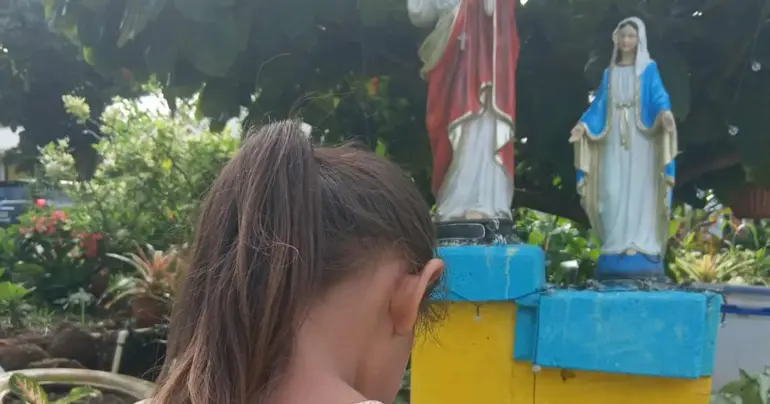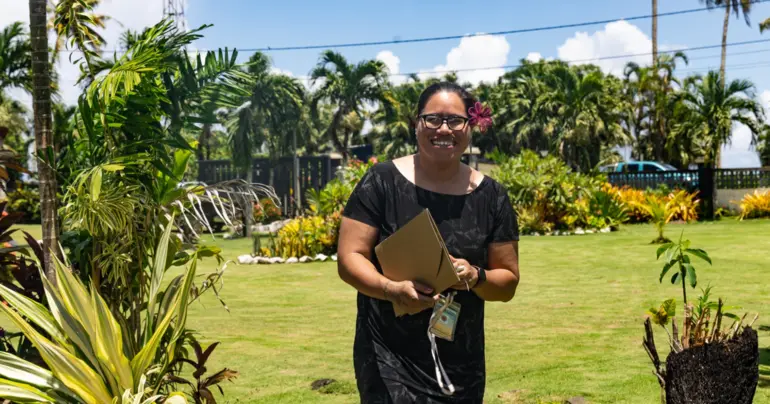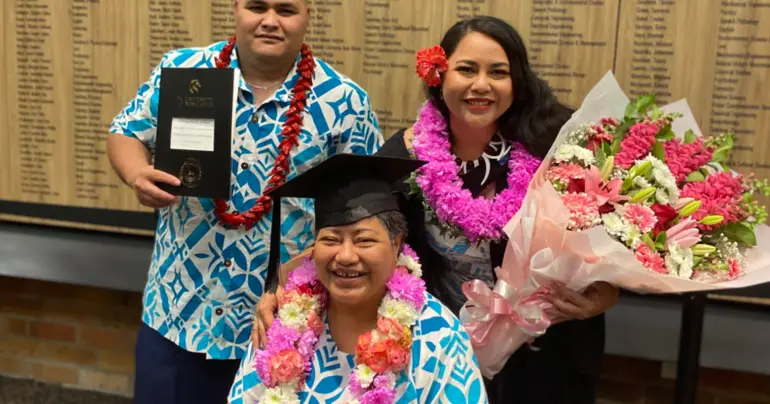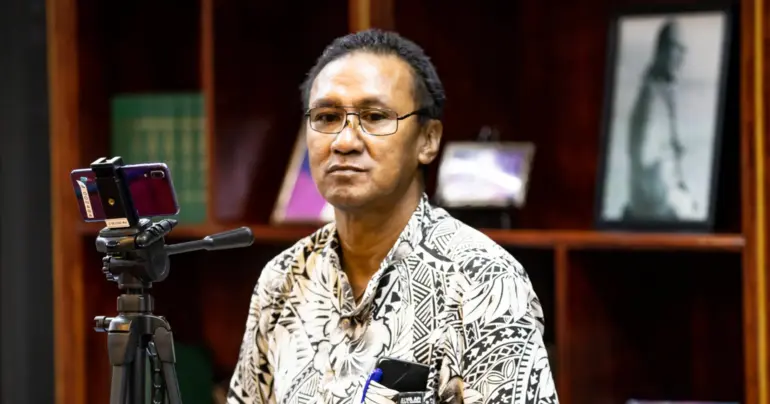Pandemic hits Samoan households hard: report
 By Marc Membrere
•
21 September 2021, 11:00AM
By Marc Membrere
•
21 September 2021, 11:00AM
A socioeconomic impact assessment has found that the COVID-19 pandemic has had a significant impact across a wide variety of sectors in Samoa's economy and, as a result, the country's households.
The “Samoa COVID-19 Socio-Economic Impact Assessment: Key Findings” was issued in August this year by the United Nations Resident Coordinator Office based on data collected by the Samoa Bureau of Statistics (S.B.S).
The Assessment exercise was carried out from August to October 2020 and collected information from 28,467 households across all four statistical regions namely Apia Urban Area, North West Upolu, Rest of Upolu and Savai’i, with 22,774 (80 per cent) completing the entire survey.
According to the report, the exercise covered a wide range of topics to understand how the global crisis upended everyday life in Samoa, particularly with respect to household income, job loss, government support, access to information, healthcare, mental health, children’s education, public safety, and community relations.
The report found that despite impacts of the global pandemic, 60 per cent of Samoans seem to have no worries about COVID-19, but for those with concerns about it were worried about health and sickness, while economic concerns appeared to be less worrisome.
“Most Samoans are also well-informed on the virus and its causes of spread, relying largely on television, internet, social media, and radio to access COVID-related information. The use of television and Internet/social media is somewhat higher among urban households, whereas a greater share of the population use the radio to stay informed in rural areas,” the report reads.
“Despite the stringent lockdown measures initially and the continuation of SOE, the number of Samoans facing difficulty in health services or buying medicines has been extremely small – only 3 per cent of households faced a challenge seeking health services and 2 per cent in buying medicines, indicating no disruption in healthcare as the lockdown continues.”
The report also showed that 11 per cent of households across Samoa had at least one member lose their job due to the pandemic impacts while one in five children in Samoa were not able to receive any education at home when schools in the country were closed.
“Online learning platforms were available to only 24 per cent of the school-going children nationwide, even though a larger share of children (48 per cent) had access to electronic devices," the report reads.
"There was also a strong demand for online learning among Samoans, with over half of the households saying they would like to have more online equipment provided by the schools for remote learning, while 30 per cent expressed the need for an online platform in general.
“Most households were not concerned about how remote education may impact their children’s learning and performance. Only about one-fourth of the households expressed concern about children’s remote learning, with the primary concern being children falling behind in their studies and not being able to pass the current school year/exams.
"Other concerns were related to children being less motivated in learning at home and not having enough support to catch up on their studies.”
The report also revealed that to cope with the financial stress, a considerable proportion of households within the survey relied on domestic farming and remittances from friends and family, with no major issue related to food insecurity or disruption of food supply and production.
 By Marc Membrere
•
21 September 2021, 11:00AM
By Marc Membrere
•
21 September 2021, 11:00AM











